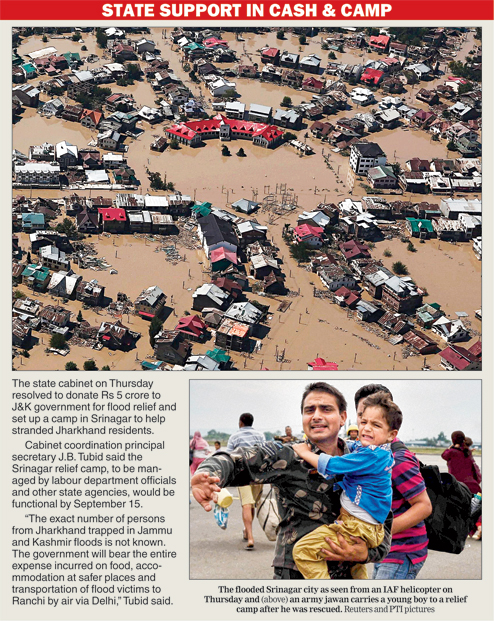The phone call is not long for this world. To the young among us, talking on the phone is said to be an intrusive, anxiety-provoking time-suck that’s woefully out of step with the gif-soaked, asynchronous virality of the digital age. Why go through all the trouble of verbalizing a complicated emotion when you can say so much now — to so many different people — with a simple emoji?
It doesn’t help that voice phone service has become such a garbage product experience. In theory, mobile phones allowed us to make calls anywhere. In reality, they turned voice calls into a buggy, second-class service plagued with dropped connections, poor reception and epidemic levels of spam.
This is all quite sad. The death of the phone call will be a blow for human relations, because talking on the phone is one of the best ways we hairless apes have ever conceived of communicating. As a child of the 1980s — and, now, a journalist who gabs on the horn many hours a week — I have long kept a place in my heart for the phone. A good phone call sings. It can conjure the same out-of-body experience you feel listening to your favorite podcast; it transports you, instantly and efficiently, into someone else’s mind, conveying not just information but also intensity and intimacy.
I was lamenting its decline not long ago when I had an epiphany: What if I used my columnistic privilege to resurrect the humble phone call, at least in my little corner of the world?
In May, I set up something I call “office hours.” I put out a call to talk to readers on the phone about just about anything, one-on-one, for about 10 to 15 minutes each. So far, more than 2,000 people have submitted a bid to chat. There’s only one of me, and I set aside only about four to six hours a week for the calls, so it’s fair to say I’ll never get to all of my suitors. But over the last several weeks, I have spoken to nearly 60 readers about a vast range of topics — and I’ll keep talking to more, because I haven’t had this much fun on the phone since the summer after 11th grade.
The conversations have been surprising, mind-expanding, sometimes infuriating, sometimes inspiring, and never boring. They’ve taken me deep into subjects and dilemmas I might not have considered otherwise — creating, on the whole, something like an inspiration factory for future columns, which honestly feels a little like cheating.
In no particular order, here’s a sample of a few of the calls I’ve had: I met a food-industry consultant annoyed about how the natural-food movement has been swallowed whole by capitalism. I spoke to a Louisianian who wondered whether it’s possible to get Americans to care, given everything else, about the tragic and terrifying loss of coastal wetlands. An expert in the digital advertising business made the case for how Donald Trump used Facebook’s ad platform to precisely engineer the vote in 2016, and how he might do so again. A computer scientist with autism wondered what we’d do about people with mental illnesses when we figure out a way to upload our brains to computers — should we upload the “flaws,” too?
There was a lot of intra-lefty discontent: A fiercely progressive Jewish reader who is a passionate defender of Israel complained that she felt unwelcome among social-justice movements on the left. An anti-abortion Democrat couldn’t figure out whom to vote for in 2020. And, in an argument that drove me nutty with quiet rage, a lesbian insisted to me that trans women were pilfering her community for the betterment of the patriarchy.
Some of the best calls were less provocative than they were straightforwardly surprising. I was gobsmacked by a call from Cecelia Temple, a reader from Chicago who has the misfortune to know two people who recently suffered sudden cardiac arrest — a condition, different from a heart attack, that is one of the leading causes of death in the United States, and can occur without warning in people with no history of heart trouble.
More than 350,000 cardiac arrests occur in the United States outside of hospital settings every year; more than 90% of them are fatal. There’s one primary way to mitigate the grim stats: When someone’s heart stops and he loses consciousness, a bystander should immediately perform CPR chest compressions or use a defibrillator while waiting for emergency medical services to arrive at the scene.
Temple saw the story play out in two ways. One of the people she knows was saved by CPR, while the other did not make it, possibly because the bystander administering CPR made a fatal mistake. He did not know that trying CPR with the patient lying on a bed is ineffective, because home mattresses are too soft to provide much resistance. It’s best to move the patient to the floor first.
The incident turned Temple into an agitator for universal CPR training. “The whole concept is so terrifying — who wants to think you can be reading a good book and just fall over and your heart stops?” she told me. “A lot of people are CPR-trained, but everyone should be — it seems like the only responsible thing to do.”
She’s right. In a sign of how thoroughly these calls have altered how I think about the world, I just signed up for a CPR class myself. I hope to keep talking to readers, and to trip upon more such life lessons, in many calls to come.












